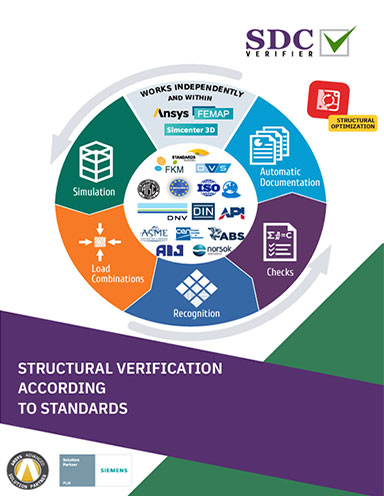Is Your CFD Hallucinating? Find Out at the Design & Simulation Summit
Keynote panel will evaluate artificial intelligence for simulation at the 2024 Design & Simulation Summit

Experts from across the engineering industry will participate in a live panel discussion about artificial intelligence in simulation at the Design & Simulation Summit on Oct. 31.
Latest News
Design and simulation software makers are shifting strategies and rewriting their roadmaps to incorporate artificial intelligenc (AI)-driven tools into their offerings, promising to add natural language prompts into their UIs to make Finite Element Analysis (FEA) packages more accessible, and adding reduced-order models (ROMs) to speed up processing times. Some see the new technology, dubbed Generative AI, as a foreseeable outcome, a natural step in the evolution from topology optimization to generative design.
Stan Przybylinski, vice president of analyst firm CIMdata, remarks, “AI has long enabled generative design, and isn’t it interesting that the word ‘generative’ re-emerged in the AI context with ‘Generative AI’ and ChatGPT?” (“Industry Leaders Shift Strategies to Harvest AI Spring,” DE 24/7, December 2023).
In the LIVE panel discussion that kicks off this year’s virtual DE 24/7 Design & Simulation Summit on Oct. 31, we plan to take a closer look at the anticipated AI-powered workflows and seek answers to some open questions. For example: How can Generative AI and ROMs enhance or augment classic design and simulation tools? In autonomous car trainings and digital twin predictions, can AI account for the uncertainty inherent in nature and human behavior? Remember: The AI-driven vehicle still has to react to the unpredictable—and sometimes illogical—driving decisions made by the human drivers nearby. Do we have enough data to produce reliable ROMs? What are the edge scenarios where ROMs won’t be reliable enough, and classic physics-based simulation is preferred? In the context of design and simulation, what would AI hallucination look like, and how can it be circumvented?

To tackle these thorny questions, we recruited three panelists: Alexander Lavin, Founder & CEO of Pasteur Labs; Astrid Walle, Principal, Astrid Walle CFDSolutions; and Sandeepak Natu, Executive Consultant, CIMdata.
Lavin is a leading expert in AI for science and probabilistic computing. He's the Founder & CEO of Pasteur Labs, and its sister nonprofit, the Institute for Simulation Intelligence (ISI). He also serves as an AI Advisor to NASA, overseeing physics-ML efforts for ESA (European Space Agency) and NASA’s Digital Twin Earth.
Walle is a mechanical engineer with a PhD in CFD and more than a decade of experience in applied fluid mechanics. She has held several positions in gas turbine R&D and AI development at Siemens Energy, Vattenfall and Rolls Royce.
Natu is an Executive Consultant for CIMdata in the Simulation-Driven Systems Development (SDSD) Practice. With industry experience of more than 25 years, he has a strong background in multi-physics modeling and simulation, including the development and application of hybrid digital twins.
The keynote is scheduled for October 21, 2024, 9AM Pacific / 12PM Eastern. Register here to attend and submit your questions in advance.
Subscribe to our FREE magazine, FREE email newsletters or both!
Latest News





